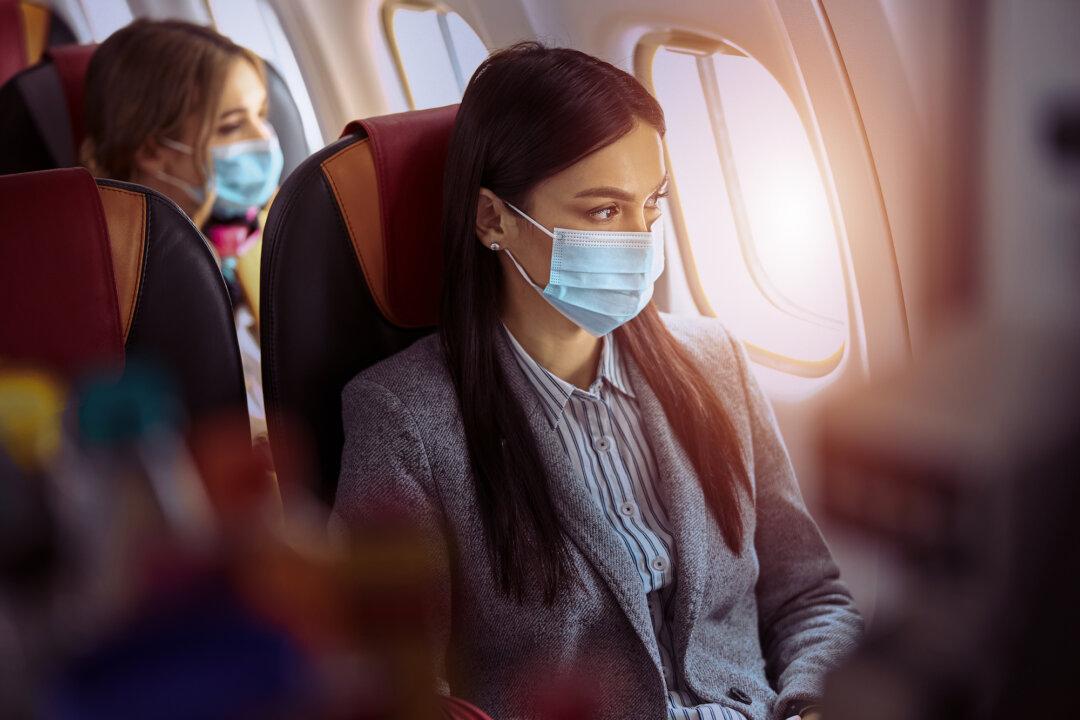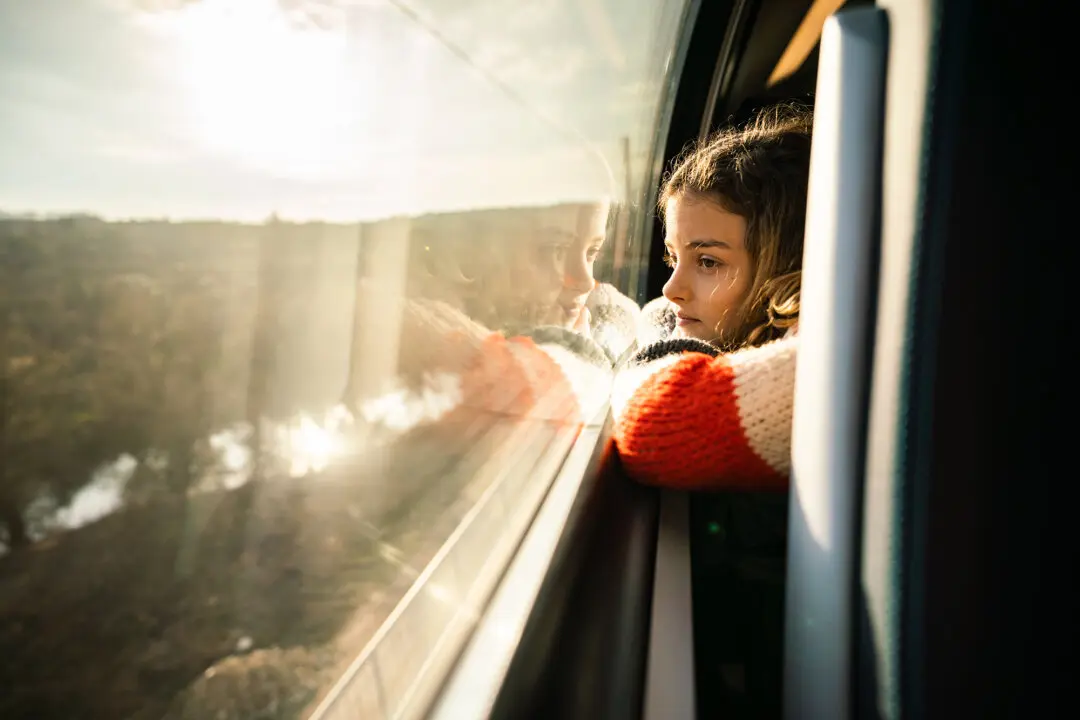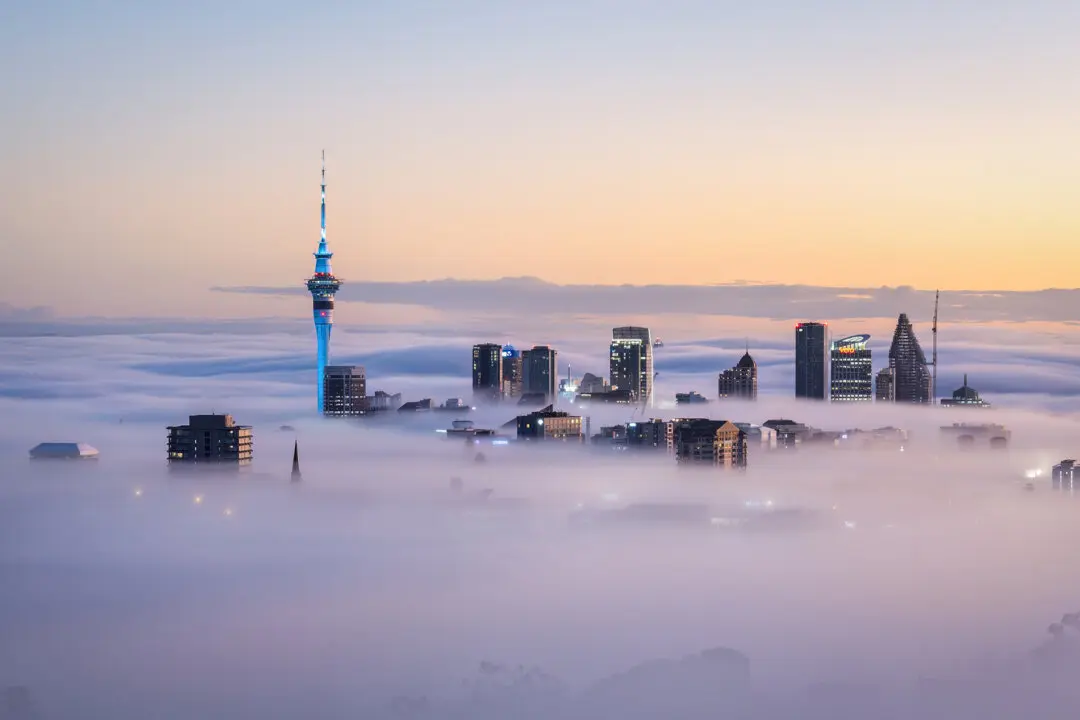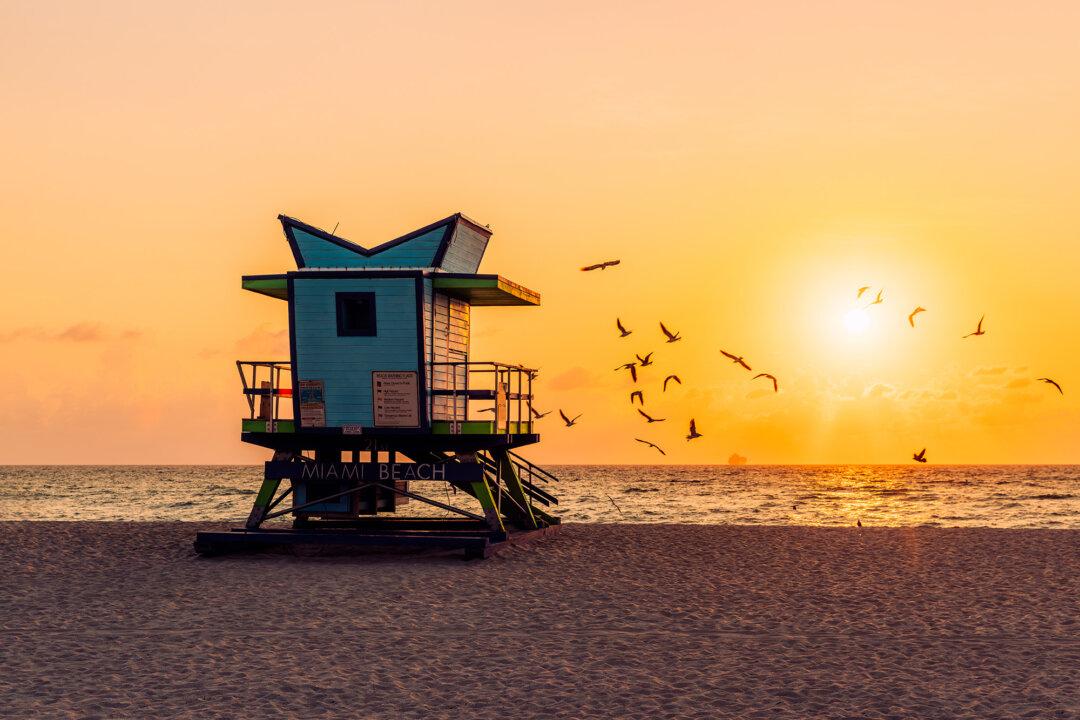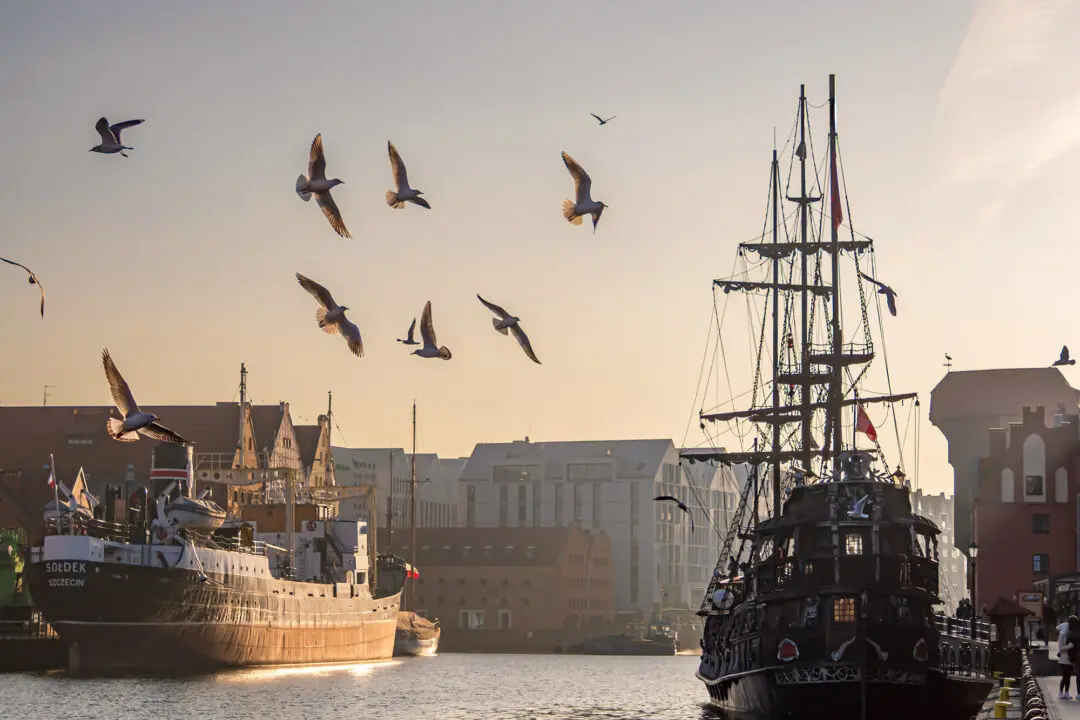It is a ritual that I observe almost without exception. As a full-time travel writer, I stay in a lot of hotels. And moments after I check into the room, after finding a convenient place to situate my luggage, I proceed. First, I remove any bedspread or decorative pillows from my bed—these items, it should be noted, are rarely washed. Then, I retrieve an antibacterial wipe and, methodically, item-by-item, I wipe down the room.
The light switches. The door handles. The side tables. Especially the television remote control, which has consistently been shown to be the dirtiest thing in a hotel. Luxury five-star resort or budget roadside lodge, I never waver. And it’s only then—after giving my hands a thorough washing—that I can truly relax and enjoy the room.

